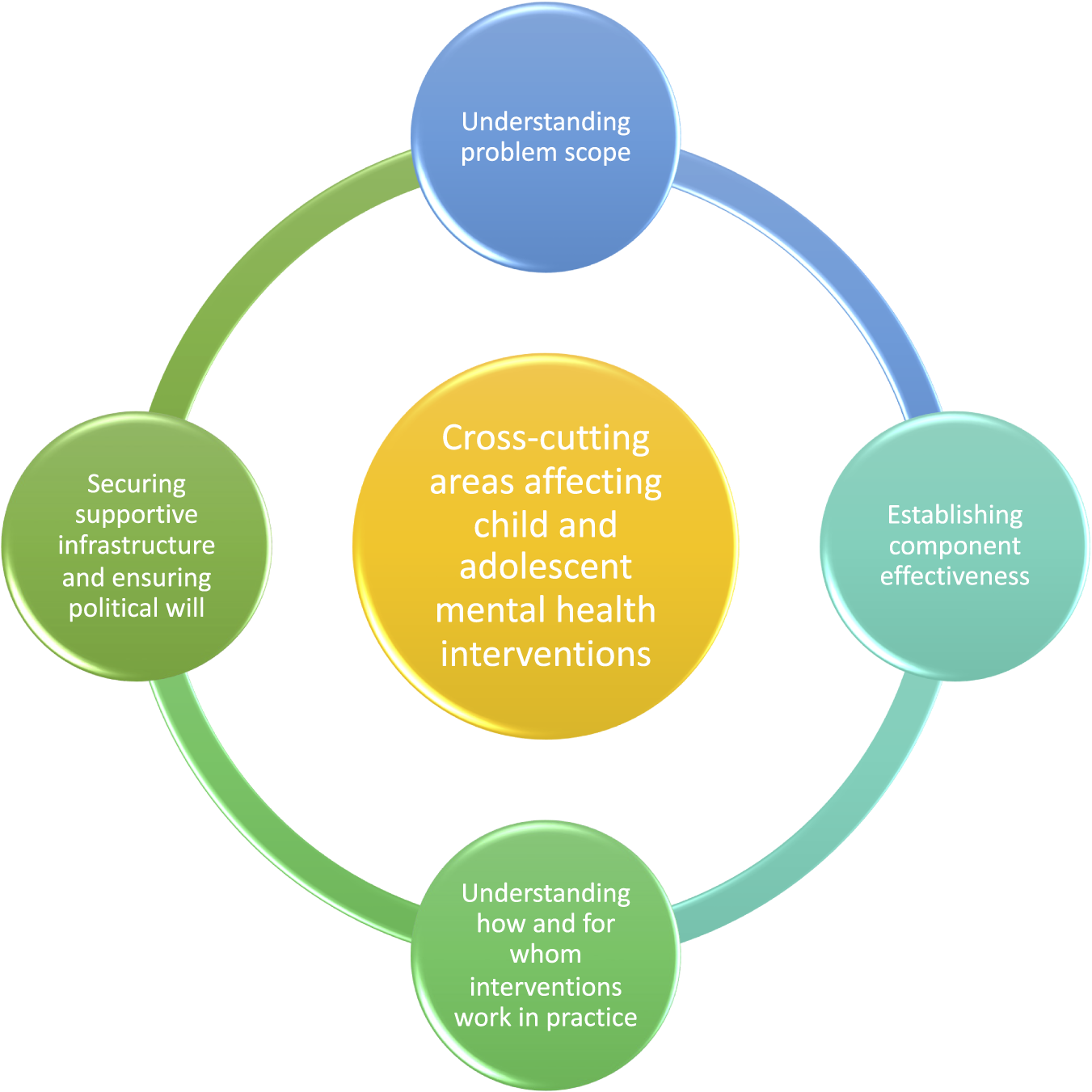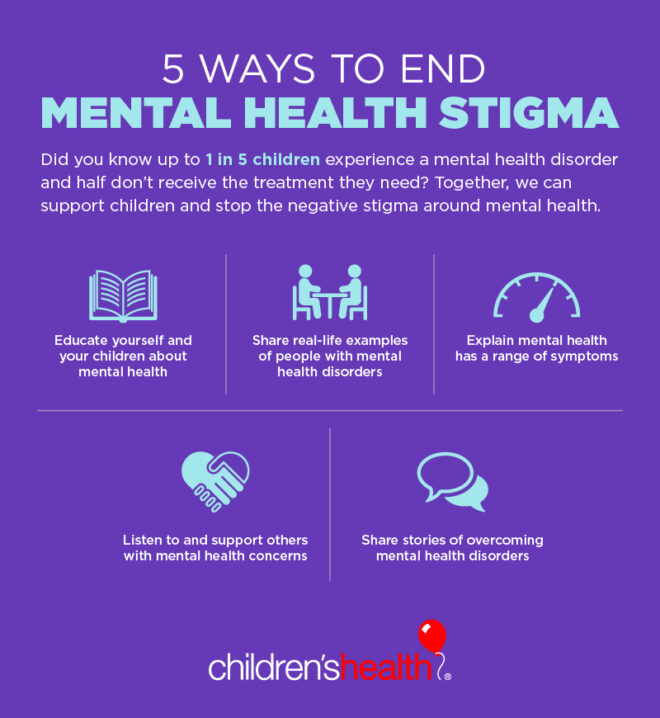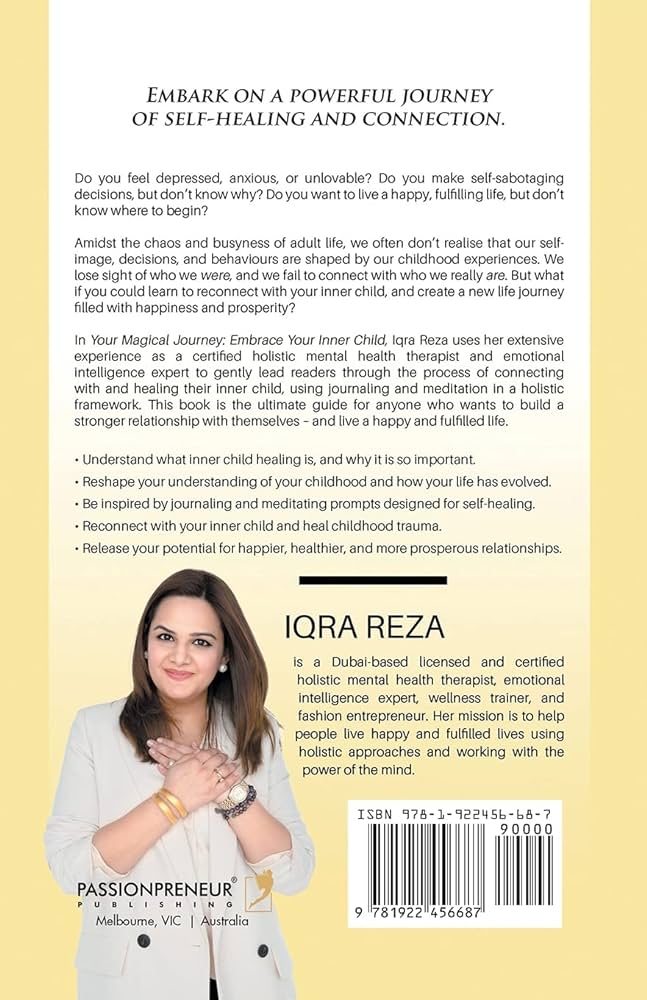Breaking the Stigma: How Does the Public View Children And Teens With Mental Health Disorders?
Research shows that the public often stigmatizes children and teens with mental health disorders. They may be viewed differently due to lack of understanding and awareness.
This can lead to negative stereotypes, discrimination, and social exclusion. However, it is crucial to educate society on these issues to promote acceptance and support for individuals facing mental health challenges. By raising awareness and advocating for the well-being of these young individuals, we can create a more inclusive and compassionate community that prioritizes mental wellness for all.
Let’s delve deeper into how the public perceives children and teens with mental health disorders and explore strategies for promoting a more positive and supportive mindset towards mental health.
The Impact Of Stigma On Children And Teens
Research demonstrates public perception of children and teens with mental health disorders often leads to stigma. This stigma spawns misconceptions and stereotypes, impacting their self-esteem. The negative portrayal of mental illness may lead to social exclusion and limited opportunities. Education and awareness are essential to combat these prejudices and ensure a supportive environment for young individuals struggling with mental health challenges.
Media Portrayal And Its Influence
According to research, the public views children and teens with mental health disorders negatively. Portrayal in TV shows and movies often reinforces stigma. On social media, misinformation can further impact perceptions. Increased awareness and accurate representation are crucial for combatting stereotypes. Educating the public about mental health is essential. Empathy and support from society can help individuals feel accepted.
Parental And Educational Support
Parents and educators play a crucial role in supporting children and teens with mental health disorders. By offering empathetic and non-judgmental support, they can help navigate the unique challenges these young individuals face. Creating a supportive environment at home and in educational settings is essential for their overall well-being.
Parents should prioritize open and honest communication with their children, encouraging them to express their feelings and concerns without fear. By actively listening and validating their experiences, parents can foster a sense of trust and connection. Additionally, providing access to professional mental health resources and therapy can be instrumental in their treatment and recovery.
Educators can contribute to a supportive environment by fostering a culture of understanding and acceptance in the classroom. This can be achieved by educating students about mental health, promoting empathy, and discouraging stigmatizing behaviors. By implementing strategies that accommodate individual needs, educators can ensure every student receives the necessary support to thrive.

Credit: instituteofliving.org
Access To Mental Health Services
Public perception towards children and teens with mental health disorders varies. Research suggests a need for improved access to mental health services to destigmatize and provide support. Increasing awareness and resources can promote acceptance and better overall well-being.
Barriers To Treatment
One of the main barriers in accessing mental health services for children and teens is the lack of awareness and understanding surrounding mental health disorders. Stigma and misconceptions play a significant role in preventing individuals from seeking treatment. Limited availability and affordability of services also pose challenges, especially for those in low-income communities. Another barrier is the insufficient training and expertise among professionals in recognizing and addressing mental health issues in children. Concerns about privacy and confidentiality can discourage families from seeking help as well.
Importance Of Early Intervention
Early intervention for children and teens with mental health disorders is crucial. It can lead to better outcomes, improved overall functioning, and a higher quality of life. Identifying and addressing mental health issues at an early stage reduces the risk of long-term negative consequences. Early intervention can prevent problems from escalating and help individuals develop effective coping strategies. By providing timely support and treatment, we can empower children and teens to lead fulfilling lives and reach their full potential.
Community Perception And Inclusion
According to recent research, the public perception of children and teens with mental health disorders is gradually evolving towards understanding and inclusion. The emphasis is on changing the community’s viewpoint to foster empathy and support for those struggling with such conditions, promoting an inclusive and accepting environment.
| Community Perception and Inclusion: According to research, public perception of children and teens with mental health disorders is limited by lack of understanding. |
| Building Empathy and Understanding: Initiatives promoting empathy and understanding in communities can create inclusive spaces. |
Advocacy And Awareness Efforts
Advocacy and awareness efforts play a crucial role in shaping public perception of children and teens with mental health disorders. Campaigns and initiatives led by mental health advocates highlight the importance of understanding and support for this vulnerable population. By destigmatizing mental health issues, these efforts aim to foster compassion and empathy in the public.
Mental health advocates passionately strive to educate the public about the realities and challenges faced by children and teens with mental health disorders. Through various campaigns, they aim to promote acceptance and inclusion in schools, communities, and healthcare systems. Initiatives focus on raising awareness about the prevalence of mental health disorders among children, the importance of early intervention, and the availability of treatment options.
| Role of Mental Health Advocates: |
|---|
| – Destigmatizing mental health issues |
| – Educating the public about realities and challenges |
| – Promoting acceptance and inclusion |
| – Raising awareness about prevalence and treatment options |
Through their relentless efforts, mental health advocates strive to create a supportive society where individuals with mental health disorders are understood, valued, and provided with the necessary resources and support they need for their wellbeing.
Cultural And Diversity Considerations
According to recent research, the public’s perception of children and teens with mental health disorders varies based on cultural and diversity considerations. Understanding and addressing these diverse viewpoints is crucial for promoting inclusivity and providing appropriate support for these individuals.
It is imperative to acknowledge the perspectives of different cultural and diverse groups when addressing their needs.
Impact Of Cultural Beliefs
Research shows that cultural beliefs significantly influence how the public views children and teens with mental health disorders. Different cultural perspectives can shape attitudes towards mental health and influence access to treatment. Certain cultures may stigmatize mental health, associating it with weakness or shame, making it challenging for affected individuals to seek help. Furthermore, language barriers and limited awareness about available resources can further deter individuals from seeking support.
Addressing Diverse Needs
Recognizing the impact of cultural beliefs is crucial in effectively addressing the mental health needs of diverse populations. Professionals in the mental health field must strive to respect cultural values, enhance cross-cultural understanding, and provide culturally sensitive care. Moreover, it is essential to break the stigma associated with mental health in every community, promoting an environment that encourages conversations about mental well-being.

Credit: www.cambridge.org
Moving Towards A Stigma-free Future
Children and teens with mental health disorders face stigma from the public. Research shows negative views towards them persist. Shifting public attitudes is crucial in creating a supportive environment. Building resilience helps in combating stigma and promoting mental health awareness.

Credit: www.jaacap.org
Frequently Asked Questions For According To Research, How Does The Public View Children And Teens With Mental Health Disorders?
Who Led The Reform Efforts For Mental Health Care In The United States?
Dorothea Dix led mental health care reform efforts in the United States.
What Often Happened To The Patients In The Early Years Of Using Electroshock Therapy?
Patients in the early years of electroshock therapy frequently experienced side effects like confusion, memory loss, and disorientation.
How Does Renzo’s Therapist Help Him Learn To Overcome His Fear?
Renzo’s therapist helps him overcome his fear by using various techniques and strategies. Through counseling sessions, exposure therapy, and cognitive-behavioral techniques, Renzo learns to gradually confront his fear, challenge negative thoughts, and develop coping skills.
Which Principle Underlies Cognitive Therapy Behavior Can Be Conditioned How You Think Determines How You Feel?
Cognitive therapy believes that how you think influences how you feel. By conditioning your thoughts, you can change your emotions.
Conclusion
From the research findings, it’s evident that public perception of children and teens with mental health disorders is evolving positively. Awareness and education are key in changing attitudes towards mental health in the younger population. Continued efforts are crucial for creating a supportive environment for those in need.




